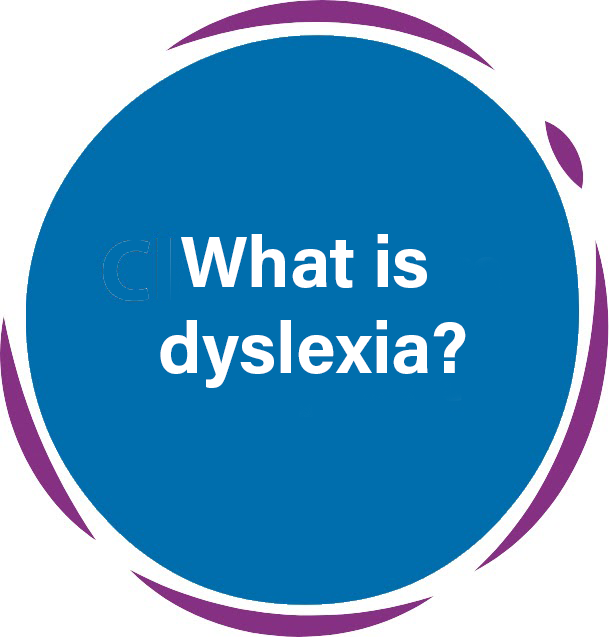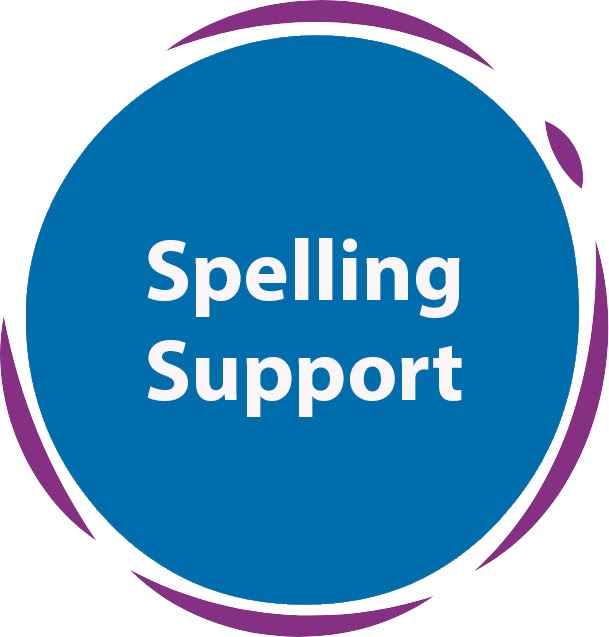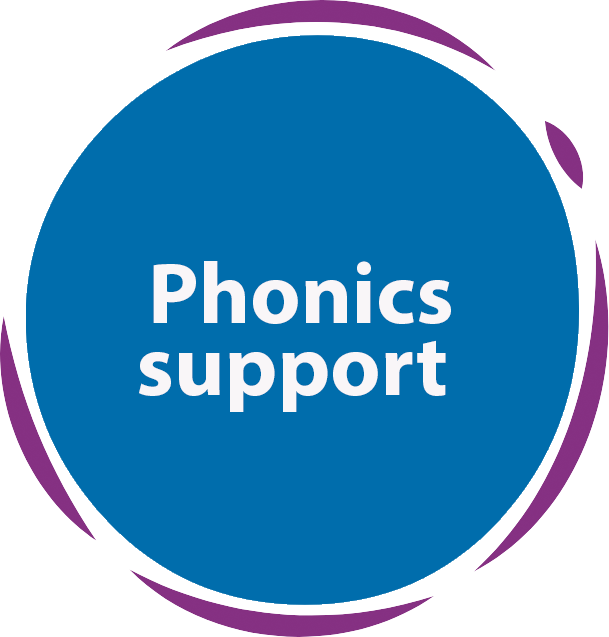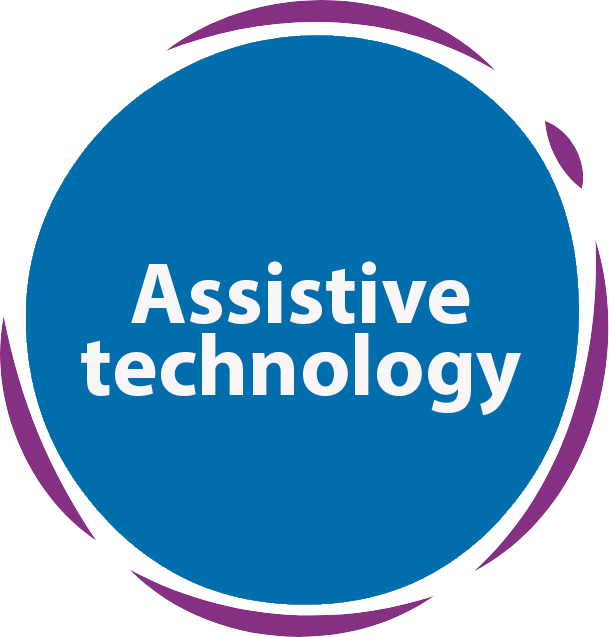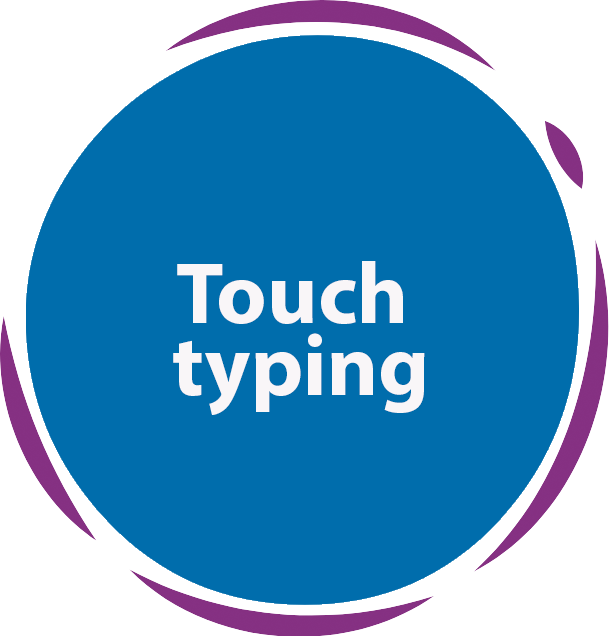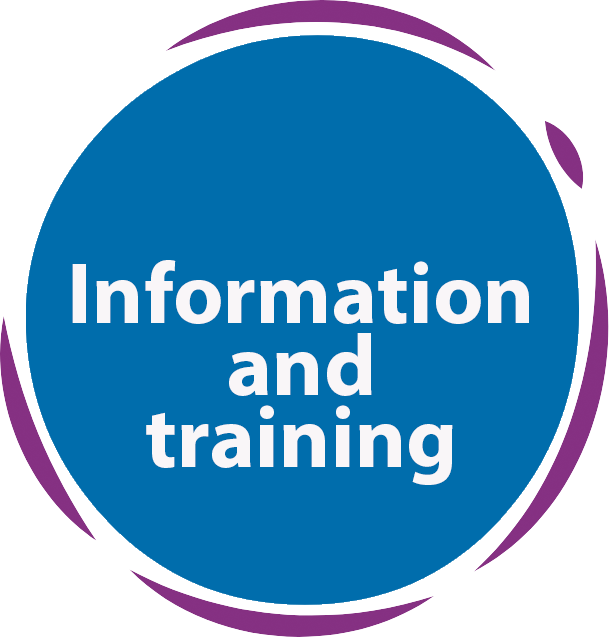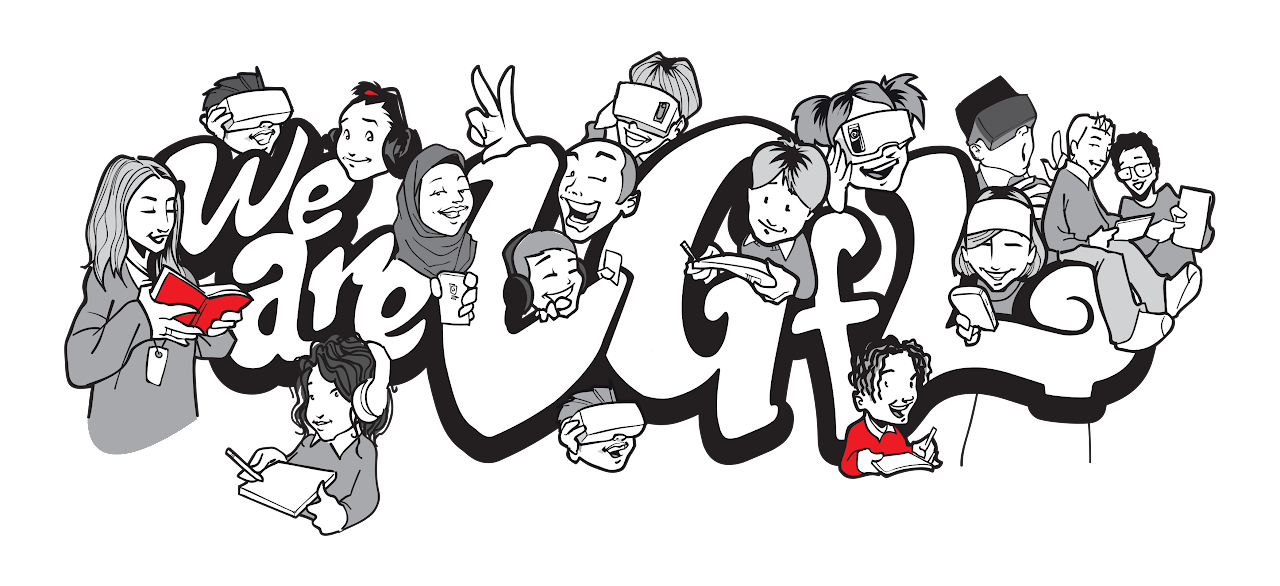IncludED
Spotlight on Dyslexia
The LGfL IncludED service has produced this site in partnership with the Islington Dyslexia Network (IDN) to support schools in the field of dyslexia and signpost resources to support
Dyslexia varies from person to person, and no two people with dyslexia will have the same strengths and weaknesses.
It often co-occurs with related conditions, such as dyspraxia, dyscalculia, and attention deficit disorder.
Dyslexic individuals often have difficulty processing and remembering information.
Ten percent of the population is believed to be dyslexic, that's one in 10, but the condition is often poorly understood.
Many people find that dyslexia brings many positive gifts, such as exceptional creativity, imagination, communication skills, problem-solving, and thinking outside the box.
However, people with dyslexia may also have difficulty processing and remembering information they see and hear, which can affect their literacy skills development.
Dyslexia can also affect other areas, such as organisational skills, numeracy, language, motor coordination, and concentration.
Dyslexia can range from mild to severe. It often runs in families and is a life-long learning (neurological) difference.
Dyslexia has nothing to do with intelligence; it affects people from all cultures and all walks of life. Many of the significant breakthroughs in how we live today have resulted from the ability of people with dyslexia to think differently and devise new solutions to old problems.
Einstein was dyslexic. And so was Steve Jobs. And Leonardo da Vinci.
Children and adults with dyslexia often experience low confidence and low self-esteem and may find it hard to reach their full potential without appropriate support in place. However, because people with dyslexia see the world differently, often more creatively, they are more likely to make a difference.
The key is to get the proper support at the right time.
Dyslexia is one of a family of Specific Learning Difficulties (SLDs).
Many people with dyslexia have strong visual, creative, and problem-solving skills.
Dyslexia is not linked to intelligence but can make learning difficult.
Dyslexia is a life-long condition that has a substantial effect on an individual’s day-to-day activities and is classed as a disability under the Equality Act 2010.

